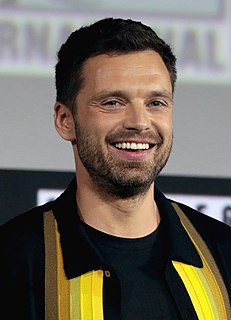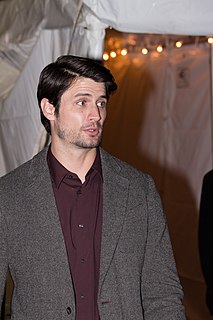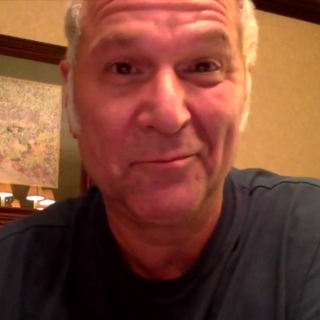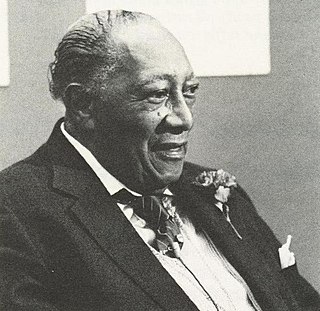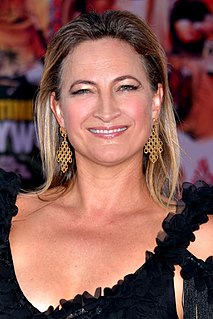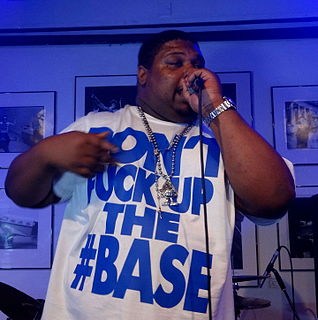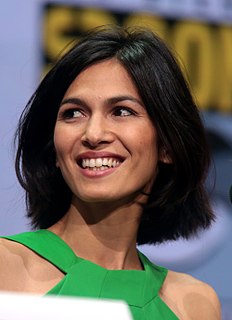A Quote by Viola Davis
When you're working as an actor, you don't think that when you get out of school, it's going to be so hard to get a job. Just to get a job. Any job. Whatsoever. You don't think that people are going to see you in a certain way. Uta Hagen said this, "In my life, I see myself as just this, you know, kind of flamboyant, kind of sexy middle-aged woman. And then I see myself onscreen, and I go 'Oh my God.'" And it's the same thing with me. I didn't see myself any different from my white counterparts in school. I just didn't!
Related Quotes
See, the first thing about actors is, you're just trying to get a job; and you audition and audition and you finally get them. And you still consider yourself an auditioning actor. I auditioned for One Fine Day, I wasn't offered that. So you're still in that 'Hey, I'm just trying to get a job' thing. Then, you get to the point where, if you decide to do it, then they'll make the film. That's a different kind of responsibility, and it usually takes a couple of films to catch up. And then you have to actually pay attention to the kind of films that you're making.
I didn't see myself any different from my white counterparts in school. I just didn't! I thought I could do what they did. And what I didn't do well, I thought people were going to give me the opportunity to do well, because maybe they saw my talent, so they would give me a chance. I had no idea that they would see me completely different.
My dad was a lovely guy. I had great parents. But he was a conservative shopkeeper, and he said, "Look, I don't know how to help you as an actor, but if you want to be an actor, give it a go for a year. Get a job. And if you don't get a job, then we're going to reevaluate and you're going to go back to school." And I thought that was a fair thing.
As a stunt woman, I took it upon myself to be a bit of a jock about it. So you wouldn't see me vulnerable, you wouldn't see me hurting or sad because I was there as a professional to do my job. Nobody likes to see a girl get hurt - that's the truth of it - so I had to put them at ease so they would let me do my job.
When I started to trust myself to be an actor, and to be considered that way and consider myself, that is when people started to see me in that way because that was the truth then, as opposed to me being a stunt girl going, 'Please see me as an actor, please see me as an actor!' when I didn't see myself that way.
What I react against in other people's work, as a filmgoer, is when I see something in a movie that I feel is supposed to make me feel emotional, but I don't believe the filmmaker shares that emotion. They just think the audience will. And I think you can feel that separation. So any time I find myself writing something that I don't really respond to, but I'm telling myself, 'Oh yes, but the audience is going to like this,' then I know I'm on the wrong track and I just throw it out.
I feel like I don't see myself as all that different from other humans as a woman, but I'm surprised by how frequently I'm asked to see myself differently. So that's one kind of terror to have to face. Am I a unicorn? What's sticking out of my head that I'm not seeing? I'm simply female, and that puts me alongside all of my human counterparts.

